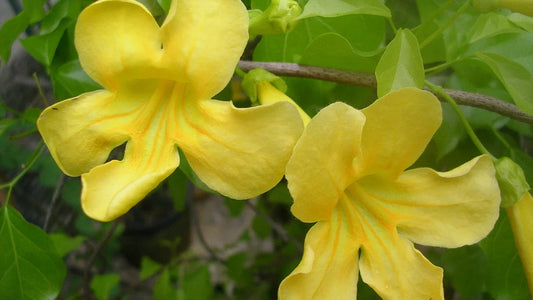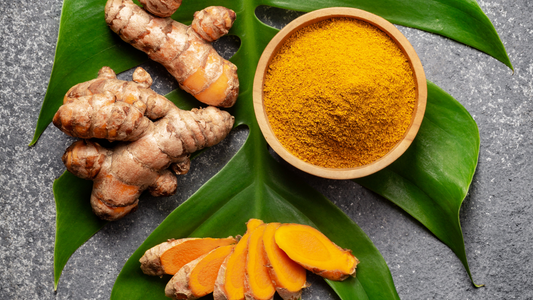The Hemp Revolution

After more than 15 years of lobbying, the Australian Hemp Industry has persuaded the Government to follow countries such as the UK, USA and Canada, and pass legislation that legalises the use of Hemp in food products. As of November 12th, 2017 you have been legally able to purchase products such as Hemp oil, Hemp seeds, Hemp protein powder and Hemp flour from your local Health Food Shop for the purpose of dietary consumption. This means that products that were previously labelled “external use only” are now available as foods. But hemp is not just any old food – Hemp is a true superfood!
What Is Hemp?
Hemp is a variety of cannabis (Cannabissativa) which is different to marijuana. It has been specifically bred to produce very low levels of tetrahydrocannabinol (THC) – the psychoactive constituent in marijuana. Hemp therefore will not cause the “high” associated with marijuana use. Presently, Hemp is cultivated as an industrial product for use in textiles and clothing, body products, paper, alternatives to plastic, biofuel and the building industry, however, it is an extremely nutritious plant. It is gluten free, low in naturally occurring sugars and full of fibre, protein, essential* fatty acids (EFAs), vitamins and minerals.
What are the nutritional benefits of Hemp?
Hemp is one of the most nutrient dense foods on the planet. It is what is known as a complete protein, meaning it contains all 10 essential* amino acids. This is rare for a plant food. Just 30g of Hemp contains almost 10g of protein.
Hemp is the richest source of the omega 3 and omega 6 essential fatty acids of all foods. The seeds are made up of around 85% EFA’s which your body uses to maintain skin, eye and nervous system health, as well as to manage inflammation. It is high in the fat soluble vitamins A and E and is also a great source of the minerals magnesium, phosphorus, potassium, manganese, zinc and iron. 30g of Hemp contains a whopping 50% of your daily requirement for magnesium and phosphorus, and 60% of the Recommended Daily Intake for manganese.
With the exception of Pumpkin seeds, Hemp seeds contain more antioxidants than any other plant based oil. Antioxidants play a vital role in maintaining cellular health and are involved in healthy cardiovascular function, nervous system function, reproductive function and healthy aging.
What types of food products can be made from Hemp, and how can I use it in my cooking?
All of the food products made from hemp are produced by using the seeds. The seeds impart a delicious nutty flavour to the dishes you create. After pressing the seeds to extract the EFA rich oil, you are left with a fibrous mass known as “hemp cake”. The hemp cake is milled to make hemp flour. Hemp flour can be used in gluten free baking to make cakes, biscuits, and muffins.
The oil is not recommended for use in cooking due to its high EFA content. It is best used in salad dressings, dips and smoothies. Hemp seeds, as mentioned above, are extremely high in protein so it comes as no surprise to learn that hemp protein powders are now among the most popular types of vegetarian/vegan, gluten free and dairy free protein powders on the market.
Just like its dairy counterparts, hemp protein can be used as a drink after workouts when mixed with water or some type of milk. It can also be added to pancake mix and smoothies for a convenient protein boost. Hemp seeds themselves can also be freshly ground and used as a sprinkle to give your salads, muesli, yoghurt or fruit a nutrient kick.
Does Hemp have any other benefits?
Hemp is one of the most sustainable and fast growing crops in Australia. It is also naturally resistant to pests meaning that pesticide, herbicide and fungicide use is minimal in Hemp production. It consumes less water than other crops (such as cotton), and is extremely hardy as it will grow in most soil types.
Each plant is able to grow very close to the next and within a very small area so crops can be compact and utilise less space. What all this means is that the demand for similar products that utilise more non sustainable farming practises (such as textiles, fish, dairy and wheat) may be reduced, easing the negative load on the environment. With so many benefits to the health of both you and the environment, why not give hemp a try today?
*An “essential” nutrient (amino acid or fatty acid) is one that your body cannot make, so you need to get it from your diet. Deficiencies of essential nutrients can have a negative impact on your health so it is vitally important that you are getting them from the food you eat.



